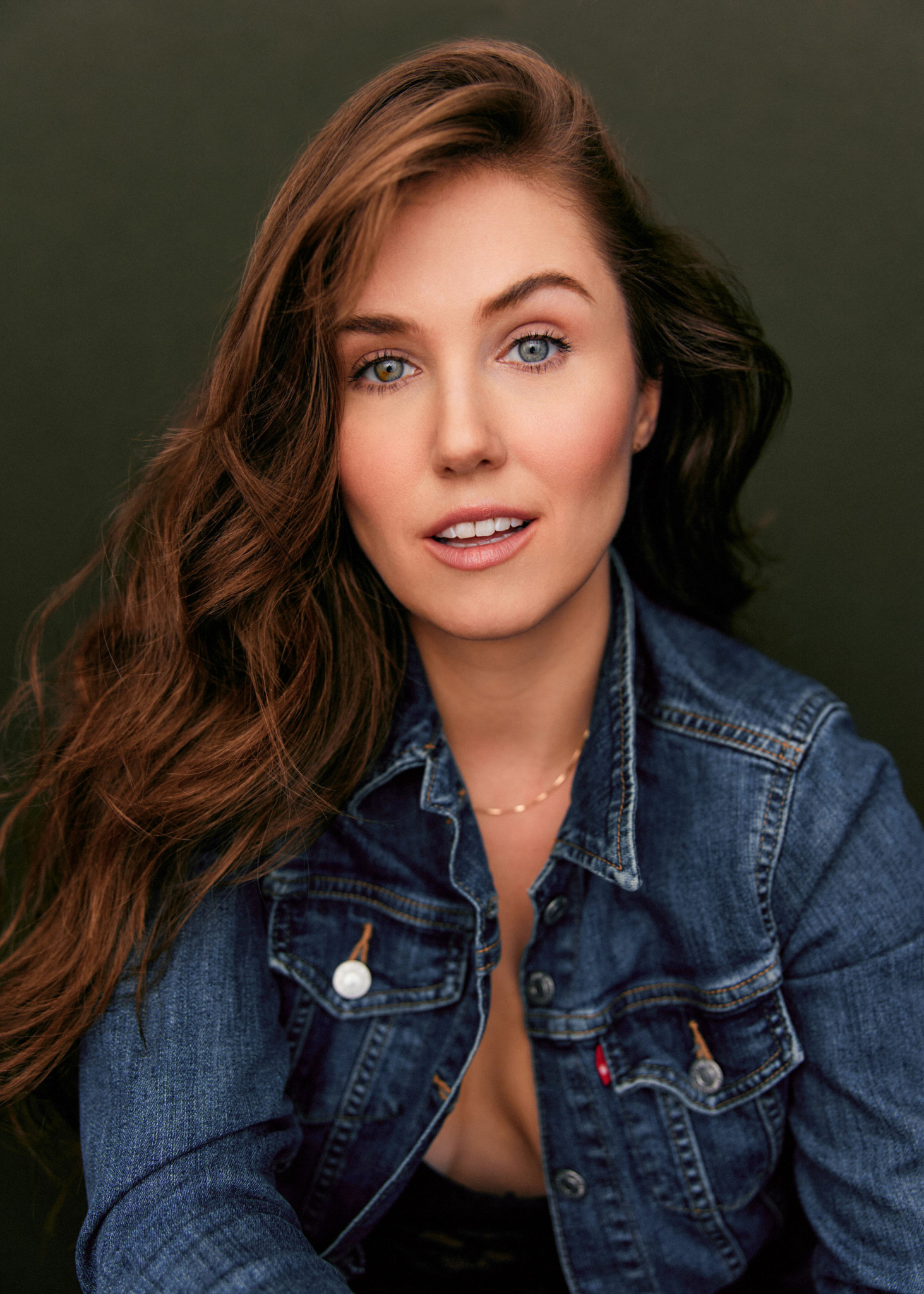We recently connected with Anna Mayo and have shared our conversation below.
Hi Anna, thanks for joining us today. Earning a full time living from one’s creative career can be incredibly difficult. Have you been able to do so and if so, can you share some of the key parts of your journey and any important advice or lessons that might help creatives who haven’t been able to yet?
In 2023 I was finally able to earn a full-time living from my creative work—it was the most fulfilled I’ve ever been, and also the most stressed. Maybe the two go hand in hand?
I lived in New York City for 10 years, going to school, working multiple part-time jobs, while constantly auditioning and taking gigs whenever they came along. I didn’t book anything my first 2 years out of college, and after that, my artistic work had to exist around the edges of my survival jobs. When I pivoted into film and commercial acting and producing during COVID, I started booking and creating much more consistently. Eventually, the workload started interfering with my day job, and that says a lot, because I’ve always been a good juggler.
It was pretty exciting because I always thought my day job was a means to an end, and I felt this was the moment when I needed to take a leap of faith and go “all-in.” So, at the end of 2022, I let go of my teaching job and started the new year fully focused on creative work. It was terrifying. I saw an open, empty road ahead of me, not sure when or how the wind would blow.
Financially, it was tight. I was self-submitting daily, constantly networking, self-taping, jumping on callbacks immediately. That responsiveness helped me book. And each job, even if short-lived, felt deeply rewarding—much more so than anything I’d done in a traditional day job.
Still, after about a year and a half, I ended up picking up a day job again. It just wasn’t sustainable long-term—emotionally or financially. What I learned is this: next time I consider making that leap again, I’ll ask myself, “Am I consistently making 2–5x more per month from my creative work than from my day job? Is there a high chance that will continue?” If the answers are yes, that’s my green light.
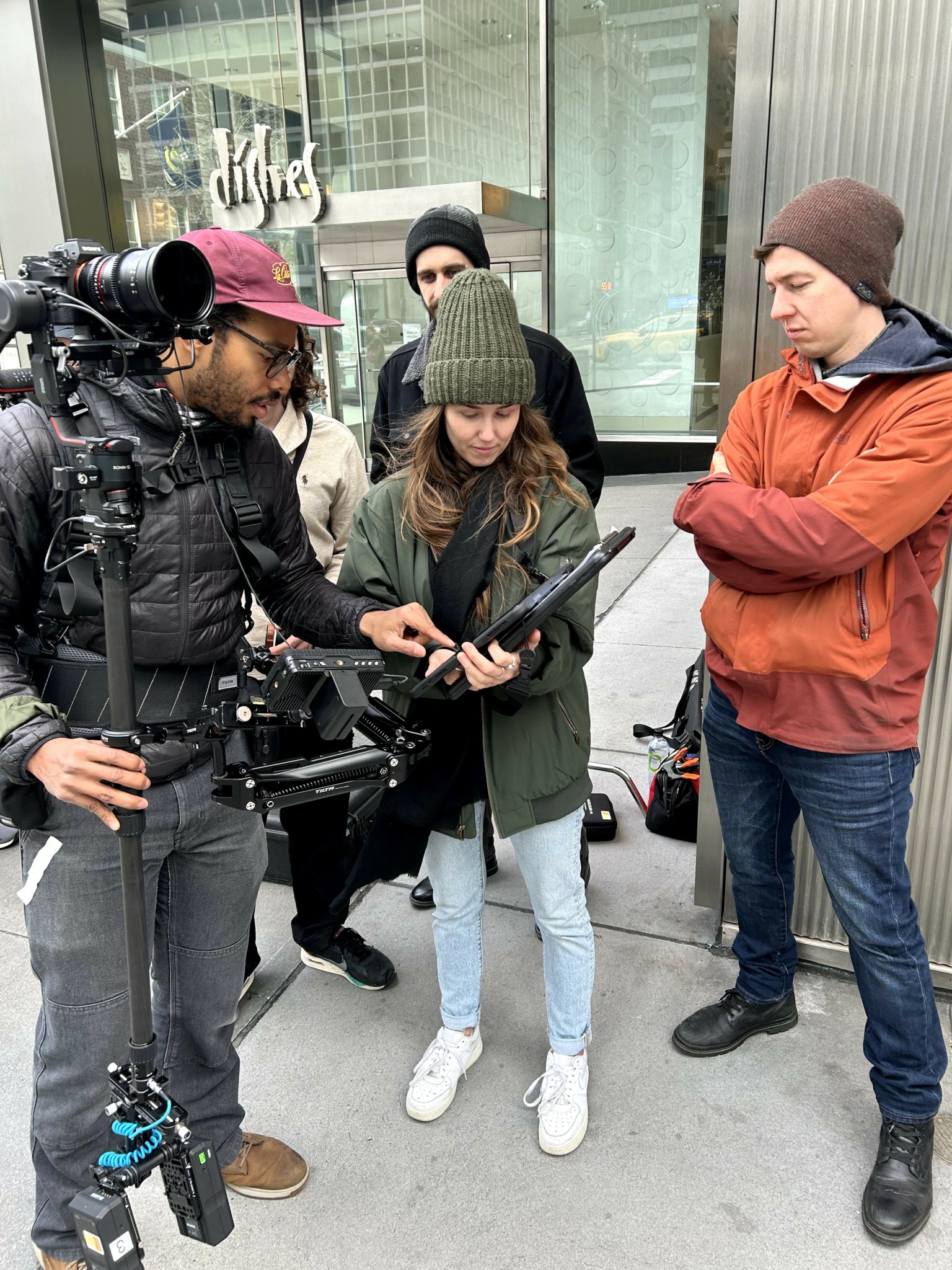
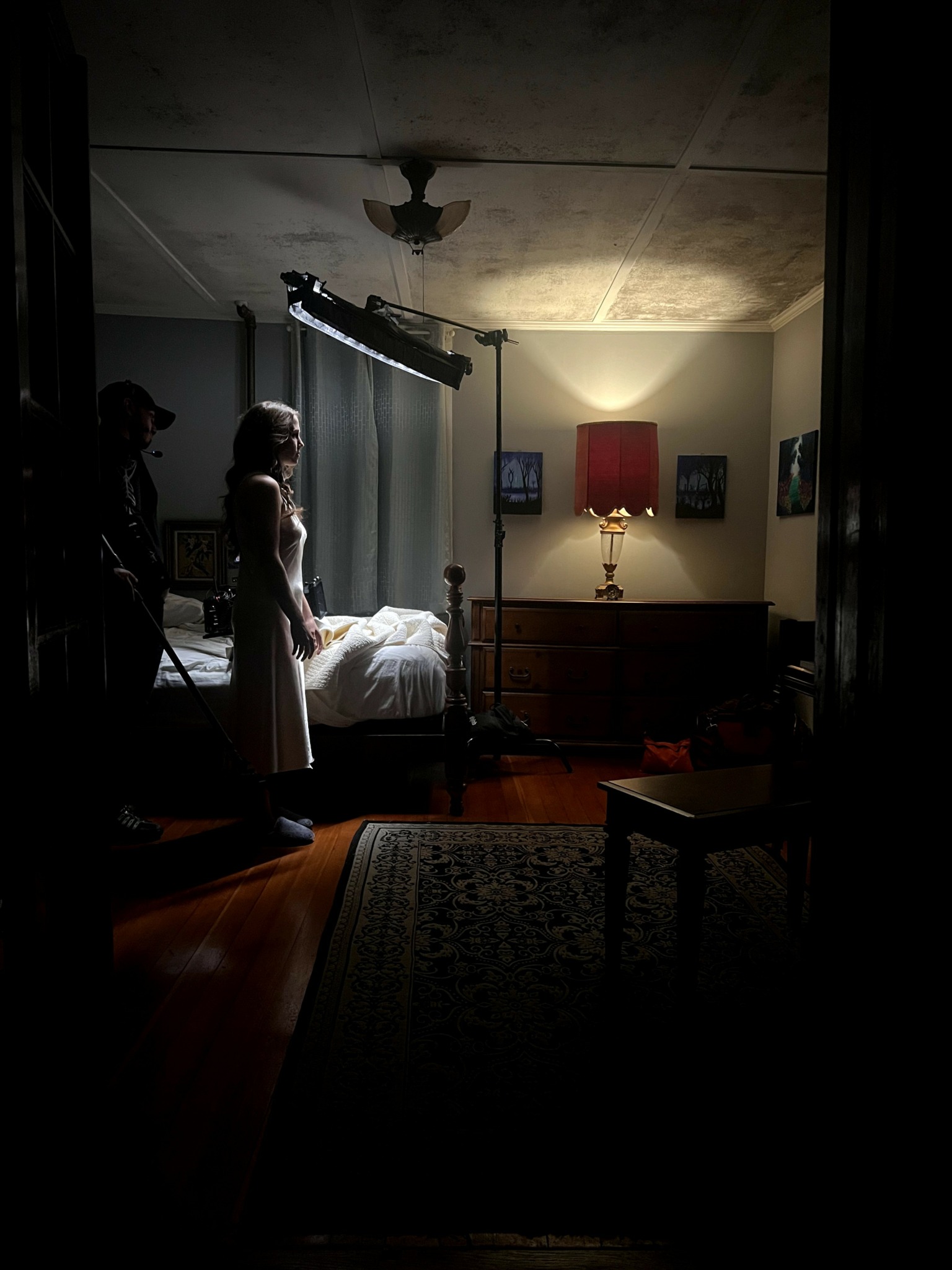
As always, we appreciate you sharing your insights and we’ve got a few more questions for you, but before we get to all of that can you take a minute to introduce yourself and give our readers some of your back background and context?
I’m an actor, producer, filmmaker, and sometimes singer, working primarily in film and commercial media.
I’ve been immersed in the arts for as long as I can remember. As a kid, I wrote plays and songs for my sister and me to perform for our parents. My mom eventually put me in ballet at age 5, piano at 8, cheerleading and gymnastics at 10, and voice lessons at 12. I found acting on my own at school when I was 13.
Acting, music, and writing became a lifeline for me, helping me navigate mental health and family challenges. I practiced for hours every day—landing lead roles in school plays and musicals, serving as dance captain in show choir, and earning a spot in the all-state choir two years in a row. That passion brought me to New York City over a decade ago to study music and theatre.
After graduating, I had a few highlights—readings of new works, a choral world premiere by Pulitzer Prize-winning composer John Luther Adams, and playing Scarlett O’Hara in a Gone with the Wind musical tour in China. But like many artists, I spent years juggling multiple part-time jobs—teaching, restaurant management, admin, sales—while auditioning whenever I could.
Then COVID hit, and live performance disappeared. Without overthinking it, I began auditioning for on-camera roles—and I never looked back. The work was more consistent, and directors, writers, and producers began inviting me behind the scenes to collaborate. For the first time, I could bring all my creative skills under one roof while learning how stories are made and shared with the world.
These days, I wear multiple hats on every project—whether I’m acting on set, serving as a puzzle master in pre-production, or shaping the emotional arc of a film or brand as a story strategist. I’ve collaborated with award winning filmmakers, and companies ranging from scrappy startups to household names like Canon, Disney and ABCNews. My expertise allows me to move fluidly between worlds – creative and corporate, emotional and strategic.
What sets me apart is my ability to balance heart and structure. I bring compassion and curiosity to the characters I play and the teams I lead—while staying organized, articulate, and able to synthesize complex ideas. I’m especially passionate about stories that humanize underrepresented experiences and relationships—not through a lens of struggle, but through shared humanity and relatability. I believe great storytelling can heal, connect, and reframe the way we see each other.
I’m proud of the creative life I’ve built from the ground up—of staying resourceful, collaborative, and values-driven in an industry that can be chaotic. And I’m equally proud of the spaces I help create for other artists to thrive. Whether you’re a collaborator, client, or just curious about the work—I bring both vision and follow-through. I’m here to tell stories that matter, lead with integrity, and keep growing in this ever-evolving career.
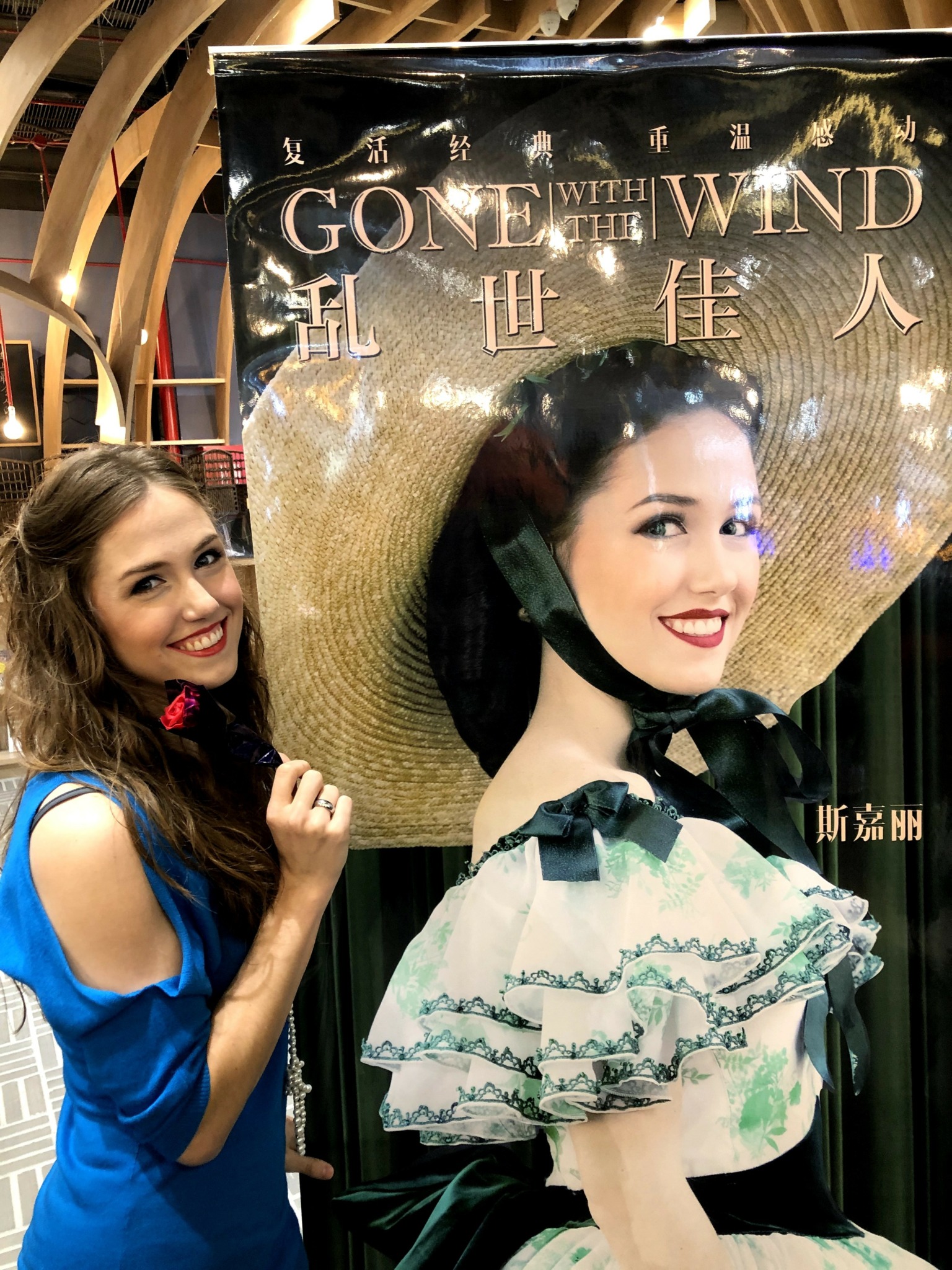
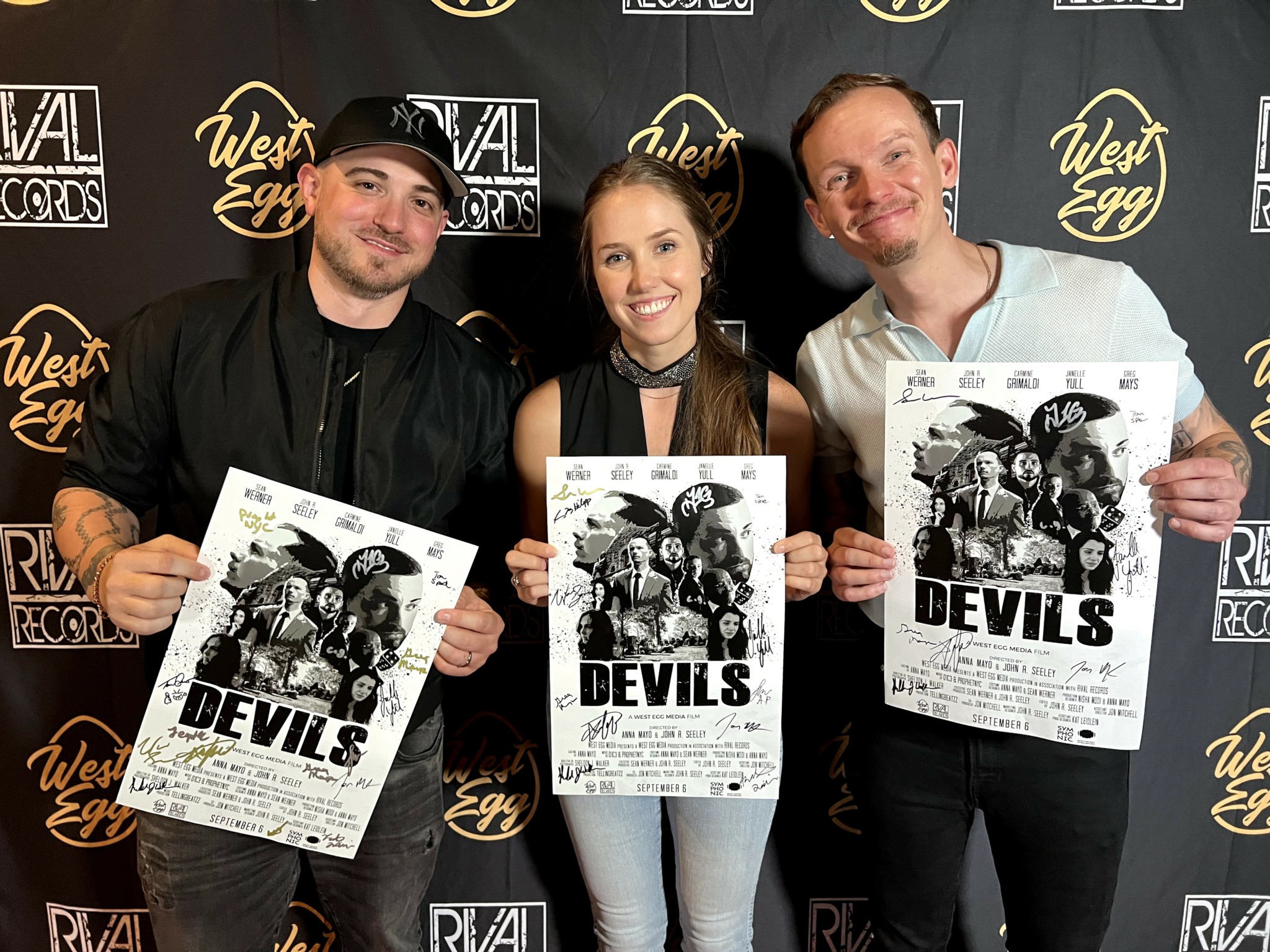
Is there a particular goal or mission driving your creative journey?
My mission is to create scripted narratives that sparks thought, conversation, and change.
I want people who encounter my work to either have an existential crisis, or feel deeply affirmed in who they are. I aim to elevate consciousness and expand our sense of humanity. That means holding up a mirror, inviting audiences to see themselves as the multi-layered, interconnected, sometimes contradictory, but beautiful beings that they are. I want people to reflect on how their thoughts, words, actions, and inactions ripple out into the world—for better or worse.
As my career grows and I gain access to more resources and visibility, I’m committed to using that platform to support LGBTQIA+ initiatives and environmental conservation efforts. For me, storytelling is a tool for transformation, and my mission is to use it with both heart and responsibility.
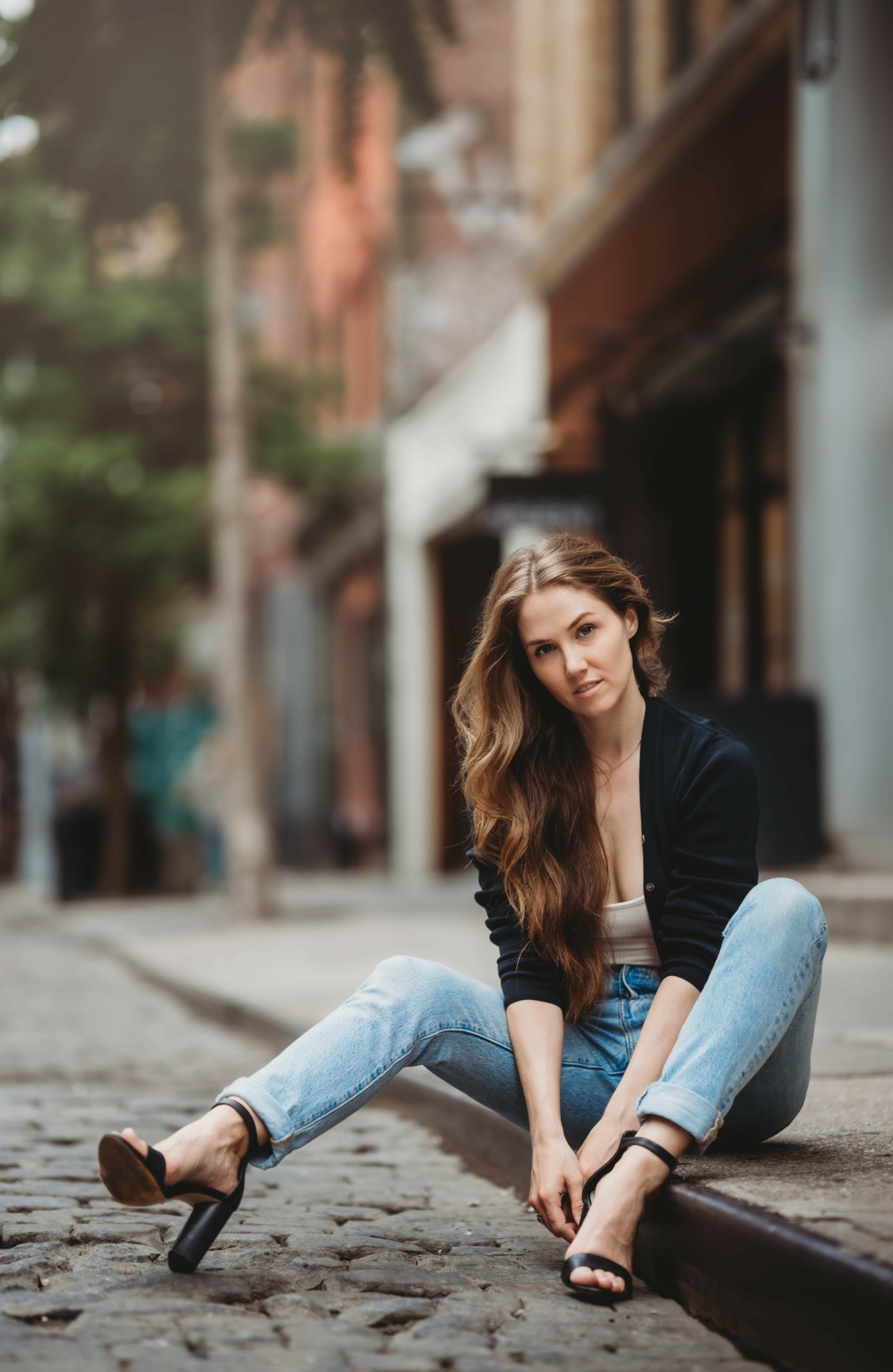
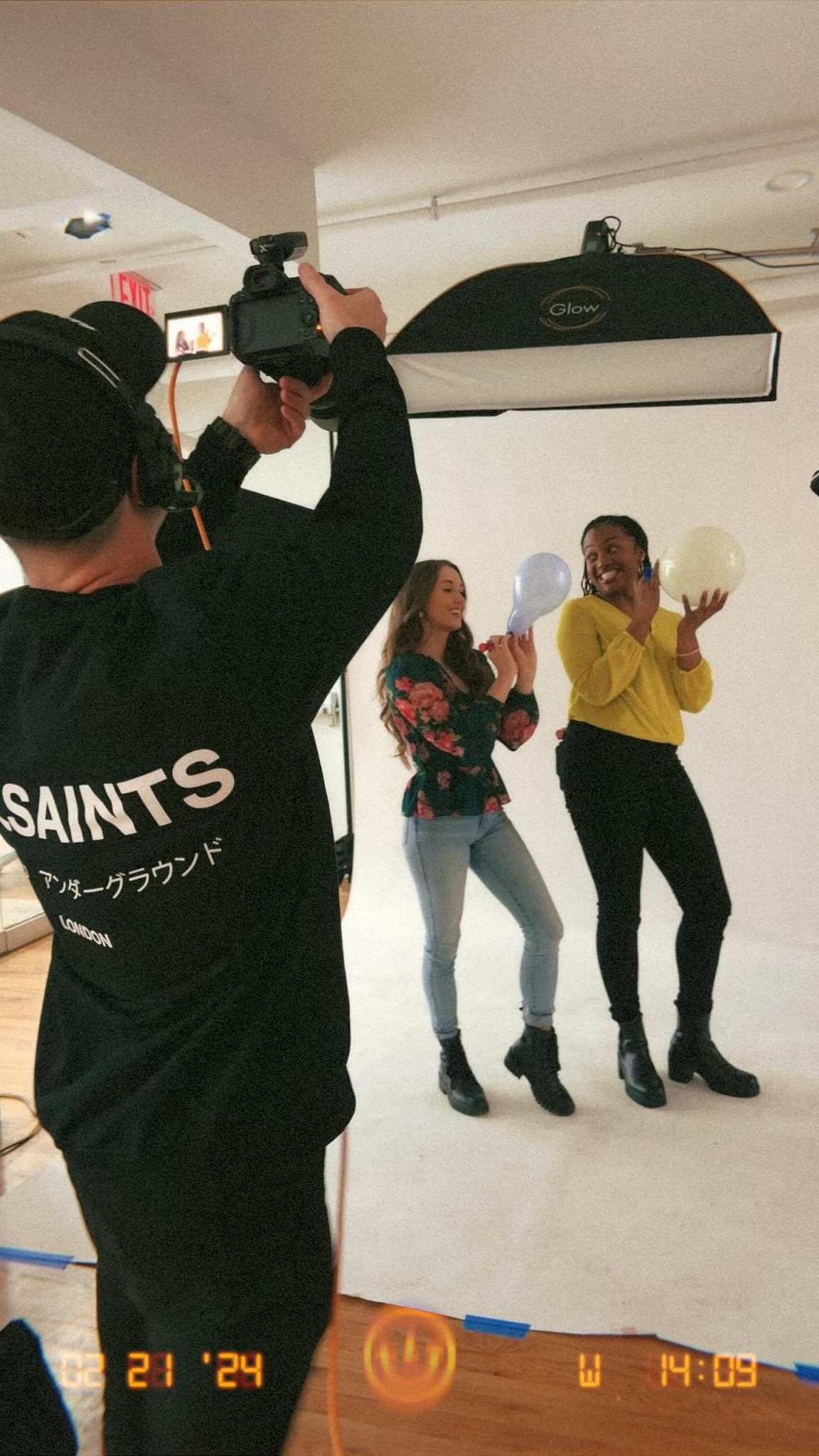
In your view, what can society to do to best support artists, creatives and a thriving creative ecosystem?
We need to start by recognizing the true value that creatives bring to the table – not just in cultural enrichment, but in real economic impact.
I’ve worked in sales and now produce film and commercial content, so I fully understand the importance of the bottom line and return on investment. So let me put it like this:
Let’s say you’re a business owner selling dog food and you need a brand story video. This video will live on your website, your social channels, digital ads—you might even broadcast it on regional or national TV. You want it to be warm, fun, upbeat. We cast the right actors, shoot with the right tone, nail the edit and music—and suddenly, that video is driving a 200% increase in sales!
Now flip the scenario. The actors are flat. The music is off. The vibe is wrong. The production feels cheap or uninspired. Even with the same ad spend, that campaign falls flat.
Why? Because there’s no emotional impact—which means no audience engagement, and no bump in sales.
People buy on emotion and justify with logic later. Creatives—actors, musicians, filmmakers, designers, writers—are essentially emotional architects. When they’re skilled, they create the feeling that moves people to act. That feeling is your earning power.
What if an upscale Italian restaurant was blasting “In da Club” by 50 Cent? What if a bride walked down the aisle to “Boulevard of Broken Dreams”? What if Walt Stack, in the iconic 1988 Nike “Just Do It” commercial, had been grumpy and disengaged? We wouldn’t buy into those moments or products.
That’s the power of creative work—it defines how we feel about a thing. And how we feel determines what we buy, who we trust, and what we believe in.
So when people balk at paying actors, directors, editors, musicians, and other creatives what we’re worth, it tells me they don’t fully understand what we bring to the table. If our work can literally transform your reach, reputation, and revenue, then we deserve to be compensated accordingly. Fair pay is a recognition of our value and an investment in results.
Contact Info:
- Website: https://www.annamayo.com
- Instagram: annamayo123`
- Linkedin: https://www.linkedin.com/in/anna-mayo-a08668249
- Other: TikTok: @annamayo123
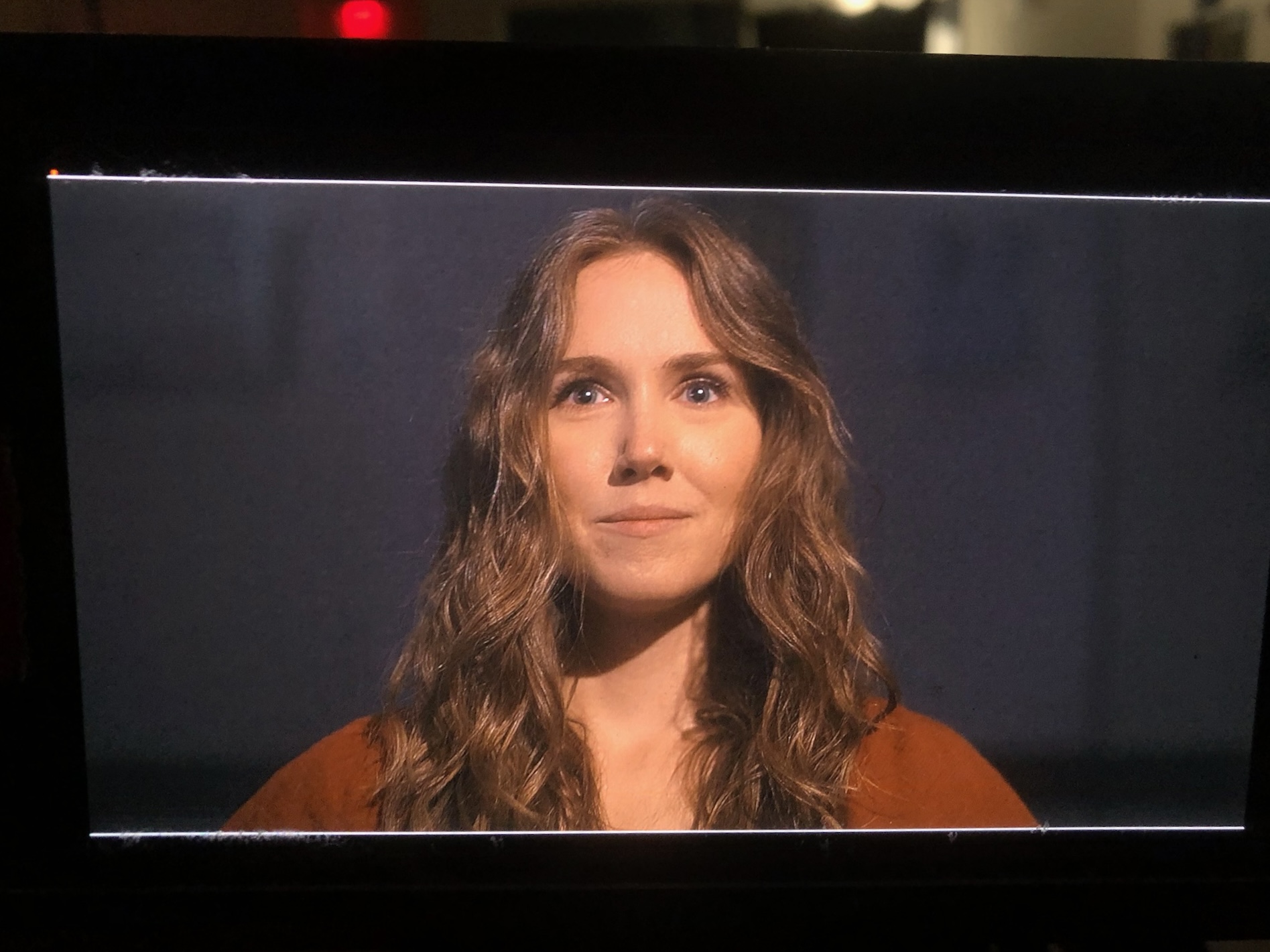
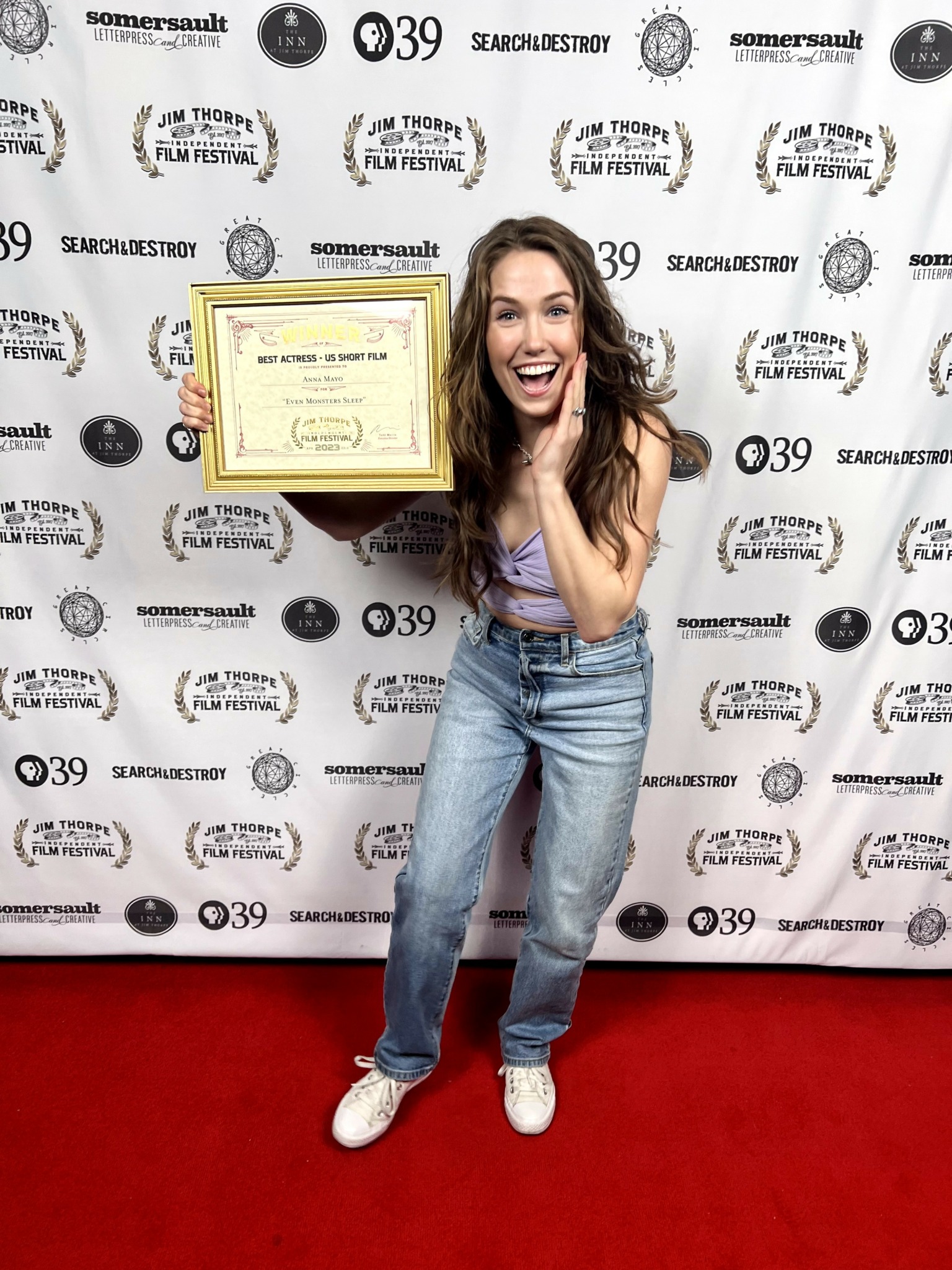
Image Credits
J Demetrie Photography and Kurt Garceau


